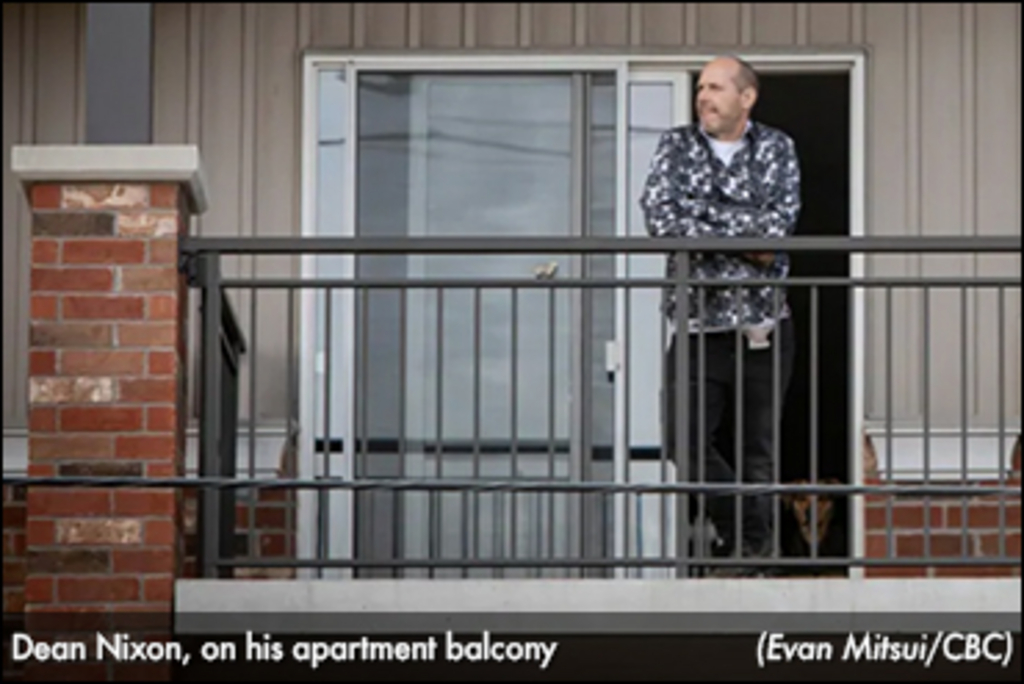Nixon Seeks Quarantine Exemption

Travel restrictions put in place to curb the spread of the coronavirus have impacted many horsepeople on both sides of the 49th parallel. But for one Ontario-based Standardbred trainer in particular, the implications of those restrictions have been particularly dire.
Since 2017, trainer and Stage 4 cancer patient Dean Nixon has travelled from his home in Guelph, Ont., to the United States National Institute of Health in Bethesda, Md., just outside Washington, D.C., for regular immunotherapy treatments. And while he has still been able to obtain his semimonthly treatments — which are sadly not available closer to home — existing travel restrictions have been an undue imposition on Nixon and his livelihood, to say the absolute least of the matter.
Currently, individuals travelling into Canada are required to self-isolate for 14 days upon entry. And despite his requests for exemption from the quarantine requirement on account of his unique situation — he travels directly to Maryland, receives his treatment, and has as limited of contact with medical staff as possible before returning to Ontario, all in a span of less than 48 hours — no such grace has been granted the 46-year-old trainer.
"There's really no consideration for what my routine would be like, where I live, my situation,..." Nixon said in a recent piece from CBC News. "It leaves me alone here to sit and think about my disease. Which is not a great thing."
The lack of exemption on account of Nixon's situation stands starkly in contrast to the precedent set by the Public Health Agency of Canada allowing people travelling into the country for medical treatment to be exempt from self-isolation. Yet, for Nixon — and contacts to his local member of Parliament, the Canadian Human Rights Commission and the Canadian Cancer Society having been to no avail — the lack of similar treatment in the face of a truly life-or-death scenario has taken a profound toll.
Effectively, Nixon has been ensnared in a perpetual quarantine, forced to spend his days in isolation at home between treatments with the 14-day clock resetting each time he returns from Maryland. The quarantine's most profound effect on Nixon has been on his livelihood, as he has been shut out of directly caring for and conditioning his small string of racehorses — and as such, has lost business. Each year from 2011 to 2019, he recorded at least 270 starts, won at least 40 races, and earned at least $350,000 in purses. Nixon's figures for this season are paltry by comparison — he has amassed but 14 wins and $129,058 in purses from only 63 starts.
"[The horses] don't speak," Nixon continued. "So the No. 1 tool at our disposal is to be able to monitor the animals. And if you can't observe them, you can't do your job."
Since early October, the last time he saw and worked with his horses directly, Nixon has been attempting to manage his stable remotely while receiving updates via phone and text communication from his staff.
For the time being, Nixon seems to be caught in the cycle of government bureaucracy ... and while the broad measures that have been in place since the spring are intended to save lives, they're simultaneously putting Nixon at risk of irreparable harm of another kind.
"I really just would like to be able to go to work, maybe take my dog for a walk, and that's about it. I'm not asking for a lot," Nixon said. "What they're asking, I think, is considerably more."
Dr. Julius Strauss, who oversees Nixon's immunotherapy, concurs with respect to the isolation's effects on his patient.
"I am concerned about Mr. Nixon's mental health, about being locked down with this diagnosis and not having any ability to interact," Strauss said. "I understand the safety precautions, but also have concerns about his financial hardships, because he's not able to do his normal job.
"It's critical for him, this treatment ... It's not experimental for him. Because for him, we know it works."
(with files from the CBC)

